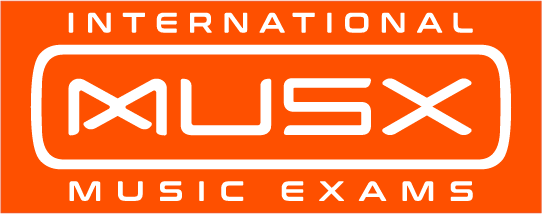There are many types of music exam assessment out there but whatever the system, most students search frantically on their examiner’s report for their mark — “what did I get?”
Meanwhile, the teacher is pouring over the report looking for the specific comments that reconcile the student’s mark to what they expected. Often the two do not meet.
Traditional music exams are done in a controlled environment with only the candidate and the examiner present for the whole time. The teacher is not allowed to be there (or allowed to listen from outside the door!). Unfortunately, this is really a squandered opportunity because if the teacher, examiner and candidate could collaborate on the assessment in some way, there would be enormous development benefits for the student. This would be an incredible learning trifecta that is forfeited in the traditional music exam setting. Instead, there can only be congratulations or perhaps commiseration — “why did I get that mark?”
International Music Exams are submitted by video. The student can record multiple takes and be assessed on their best work. The real magic, however, can take place after the exam once the assessment results are in. The recording of the exam can be used in conjunction with the examiner’s comments. The teacher can help the student understand the point-of-view of the examiner and interpret the expert comments in context by referencing the recording directly. There is no more, ‘I had a bad day’ but rather the ability for the student and teacher to extract and maximise the educational value of the exam process. This deep learning can lead to faster absorption of applicable comments and is really only possible if the teacher can hear the exam.
MUSX examiners are engaged specifically because they are leading specialists on their instruments. They examine one instrument only and are never asked for an assessment on their ‘2nd instrument’.
The insight that a specialist has into the nuances of their instrument can help to create an invaluable examiner’s report that can be used to further develop the candidate post-exam. The exam assessment is not just the culmination of a musical level, it can be a midpoint, a place where external expert opinion can be used to reinforce and guide the narrative between teacher and student. “Now I understand why I got that mark!”
For further information about International Music Exams, you might be interested in the following articles:


0 Comments